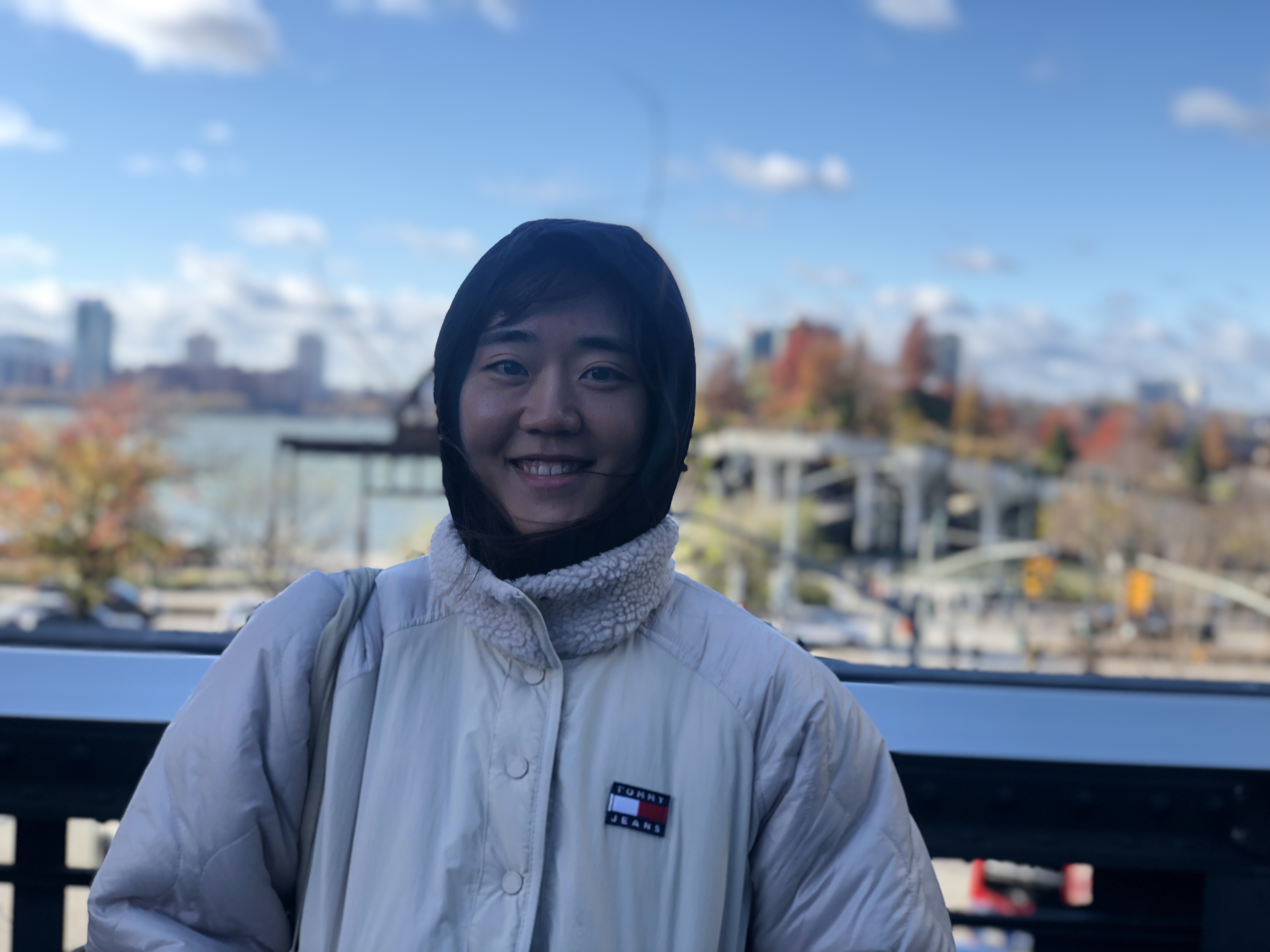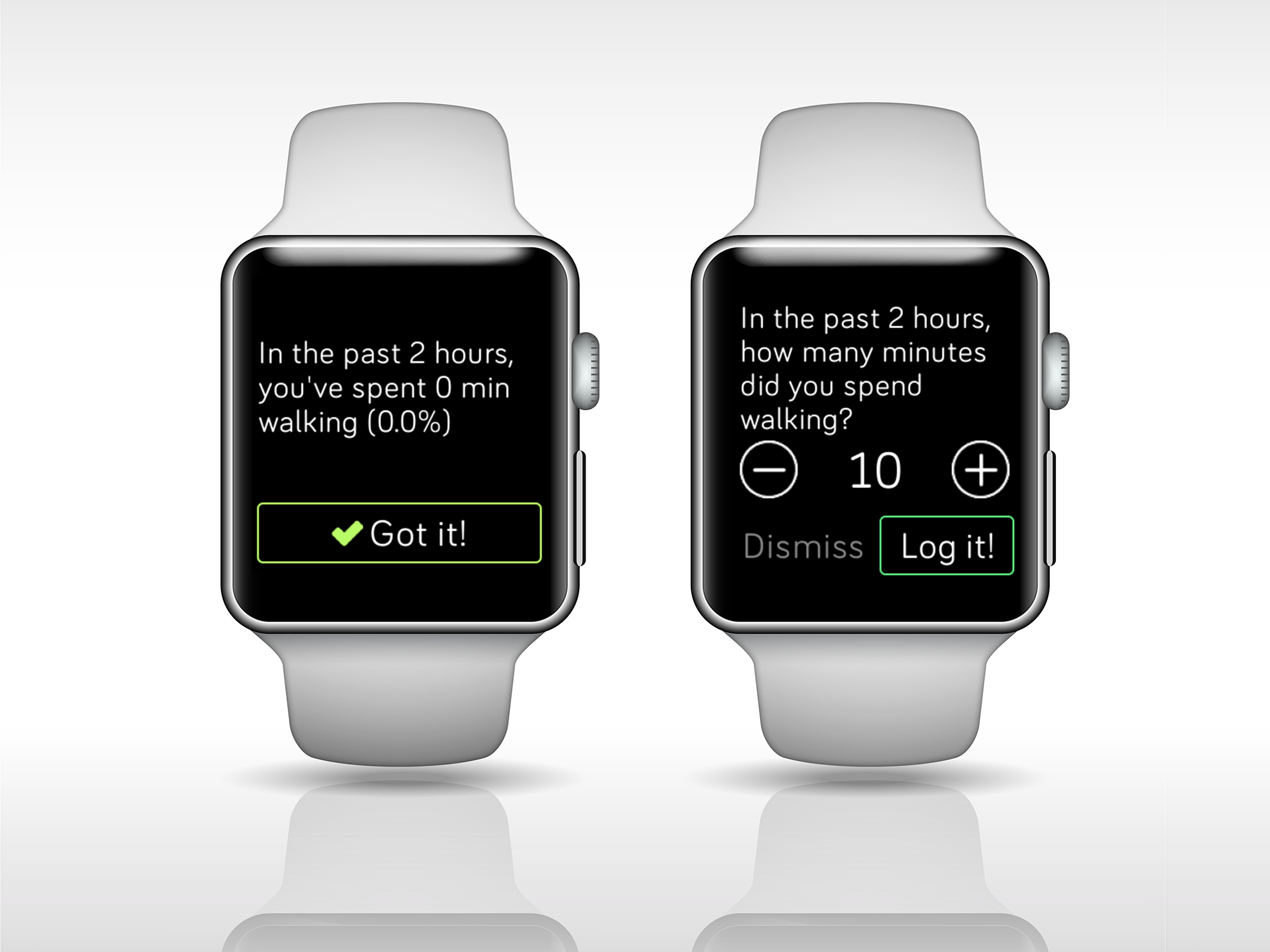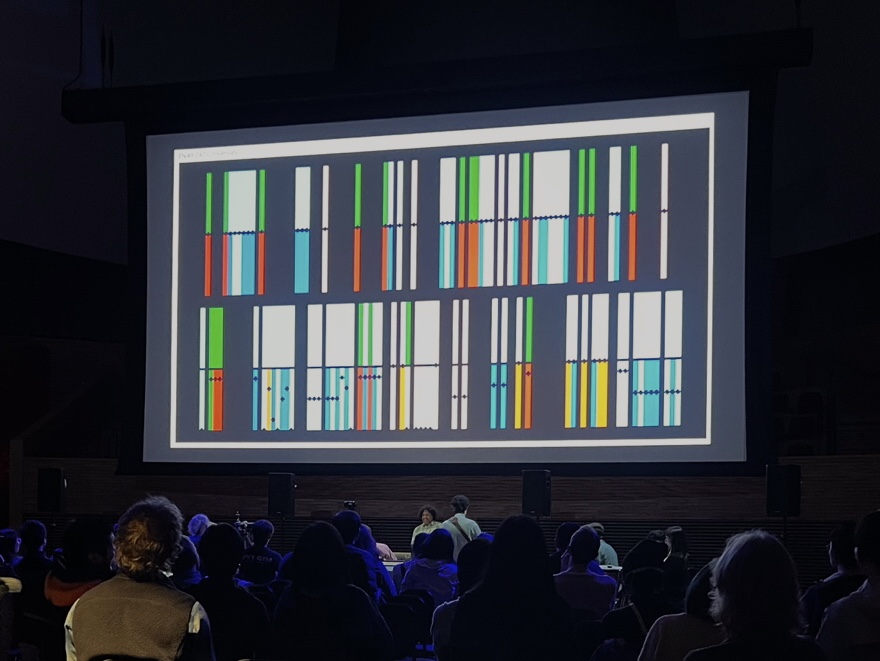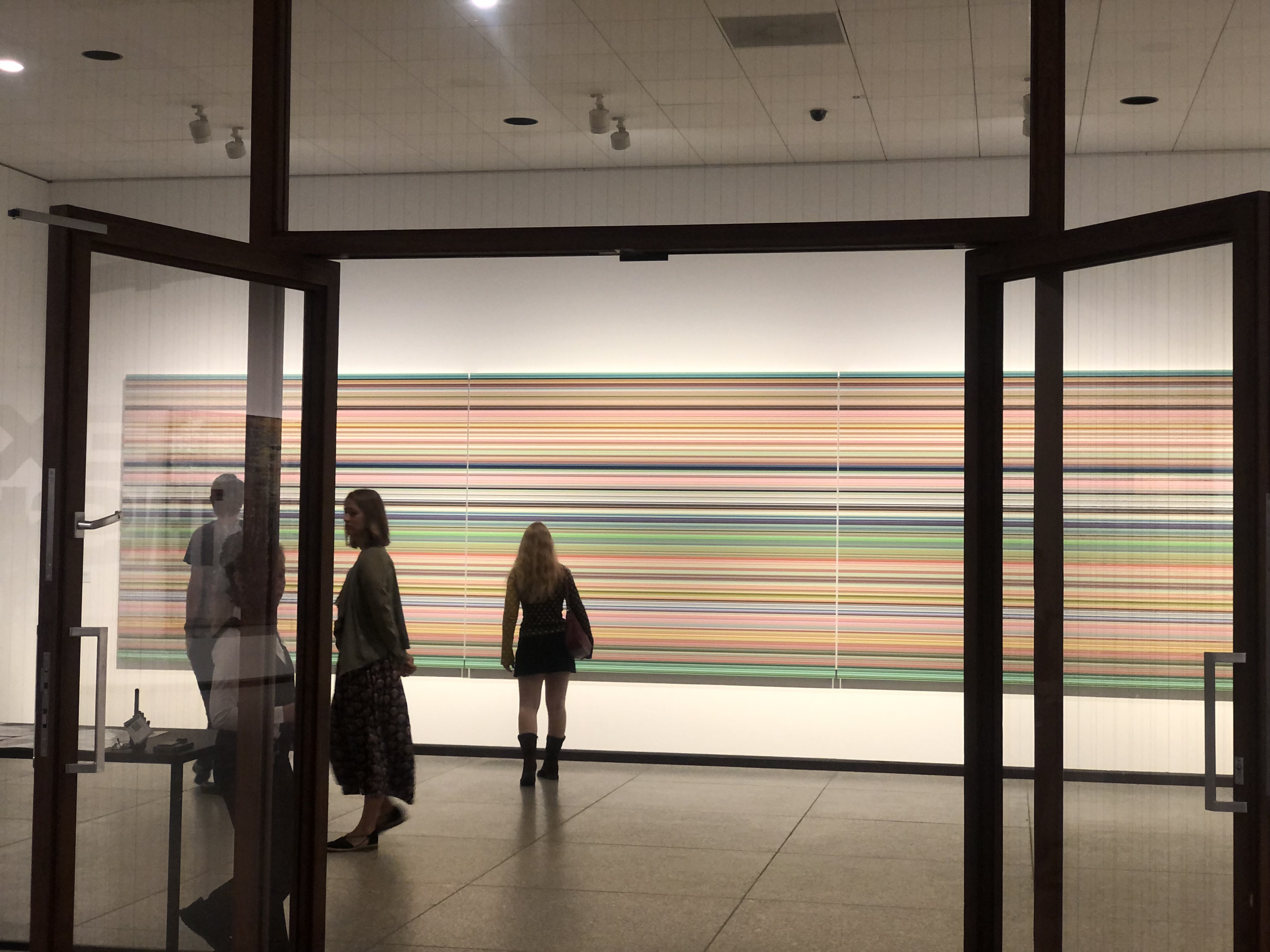
Monthly Favorites
Autumn in NYC! If you realize that all things change, there is nothing you cannot love.
During the last few years, the Human Screenome Project has collected a large repository of screenshot sequences – detailed records obtained every 5 seconds for months of what appeared on hundreds of study participants’ smartphone screens. My research seeks to understand how media selection and switching behaviors on smartphones are driven by different motivations (e.g., information seeking, pastime), and by various stimuli (e.g., news, social media) in the everyday media environment [1].

Individuals have always multitasked and switched tasks in everyday life. My goal is to identify the psychological mechanisms that support this behavior in complex media environments. I explore how adaptive processes manifest in lab-based cognitive performance paradigms in the Learning Motivation Emotion Lab at the FernUniversität in Hagen, Germany [2]. To address this goal, I am developing new ways to analyze behavioral trajectories, including those captured in the Human Screenome Project [1,3,4].

Finally, I seek to identify and locate real-time interventions that are personalized and adaptive to each individual’s digital journey. Causal inference methods provide the possibility to identify individuals’ reactions to specific events [7,8]. In a demonstration of how “synthetic controls” can be used to identify and describe how individuals’ well-being trajectories change over time and in relation to life transitions, I am laying the foundation for why and how timely interventions should be implemented [9,10].

[1] Park, R., Chang, Y.-J., Reeves, B., & Ram, N. (Under review). Neural Screenomics: Reconceptualizing time in media selection and switching on smartphones. Submitted to the Journal of Communication. [Slides, Code]
[2] Park, R., Naefgen, C., Gaschler, R., & Ram, N. (2024, Nov). Person-specific dynamics manifest in single- and dual-tasking practice gains. Presented at the Psychonomic Society 65th Annual Meeting, New York City, NY, November 21-24, 2024. [Poster]
[3] Park, R., Miller, M. R., Han, E., DeVeaux, C., Bailenson, J., & Ram, N. (2023, May). Modeling the formation and dissolution of social ties in virtual reality. Presented at the 73rd Annual ICA Conference, Toronto, Ontario, Canada, May 25-29, 2023. [Poster]
[4] Park, R., Gerstorf, D., Drewelies, J., Demuth, I., Eibich, P., Steinhagen-Thiessen, E., Smith, J., Hoppmann, C., & Ram, N. (2023, April). Tracking divergence of well-being across time: A unified approach to modeling multi-dimensional change. Presented at the 2023 SAS Annual Conference, Long Beach, California, USA, March 30-April 1, 2023. [Poster]
[5] Baek, Y. M. & Park, R. (2022). Complex survey data analysis using R.a Hannarae. [Code]
[6] Baek, Y. M. & Park, R. (2021). Missing data analysis using R: Maximum likelihood and Multiple imputation.b Hannarae. [Code]
[7] Baek, Y. M. & Park, R. (2021). Propensity score analysis using R: Causal inference based on the Rubin's causal model. Hannarae. [Code]
[8] Park, R., & Baek, Y. (2021). Evaluating the effectiveness of parental mediation on children’s media use : Propensity score matching with complex survey data. Korean Journal of Journalism & Communication Studies, 65(6), 5-46.
[9] Park, R., Shore, K., & Ram, N. (In preparation). Using synthetic controls for panel data: Pooling and stacked approaches to estimating effects of multiple life events on psychological well-being.
[10] Park, R., Ghose, U., Krämer, M., Gerstorf, D. & Ram, N. (In preparation). Navigating the right timing to communicate support: Using synthetic controls to examine individual life satisfaction changes through major life events.
a2022 Outstanding Academic Book Award, National Academy of Sciences, South Korea
b2022 Sejong Outstanding Scholarly Book Award, Korea Publication Industry Promotion Agency, Ministry of Culture, Sports, and Tourism, South Korea
These are some of the things that I like! Outside of the lab, I love books (mostly Korean short novels/essays), art (mostly abstract art paintings), music (mostly jazz, contemporary, and indie), and running (mostly easy 5K runs). Please feel free to connect with me!

Autumn in NYC! If you realize that all things change, there is nothing you cannot love.

I enjoy making data-driven music. Click below to see our live performance on dyadic conversations!

I love the warmth and light in the Bay area! Make sure to find Hwanki Kim's artwork at SFMOMA.

I spent my summer of 2024 in Berlin, Germany. Click below to read my experience report!